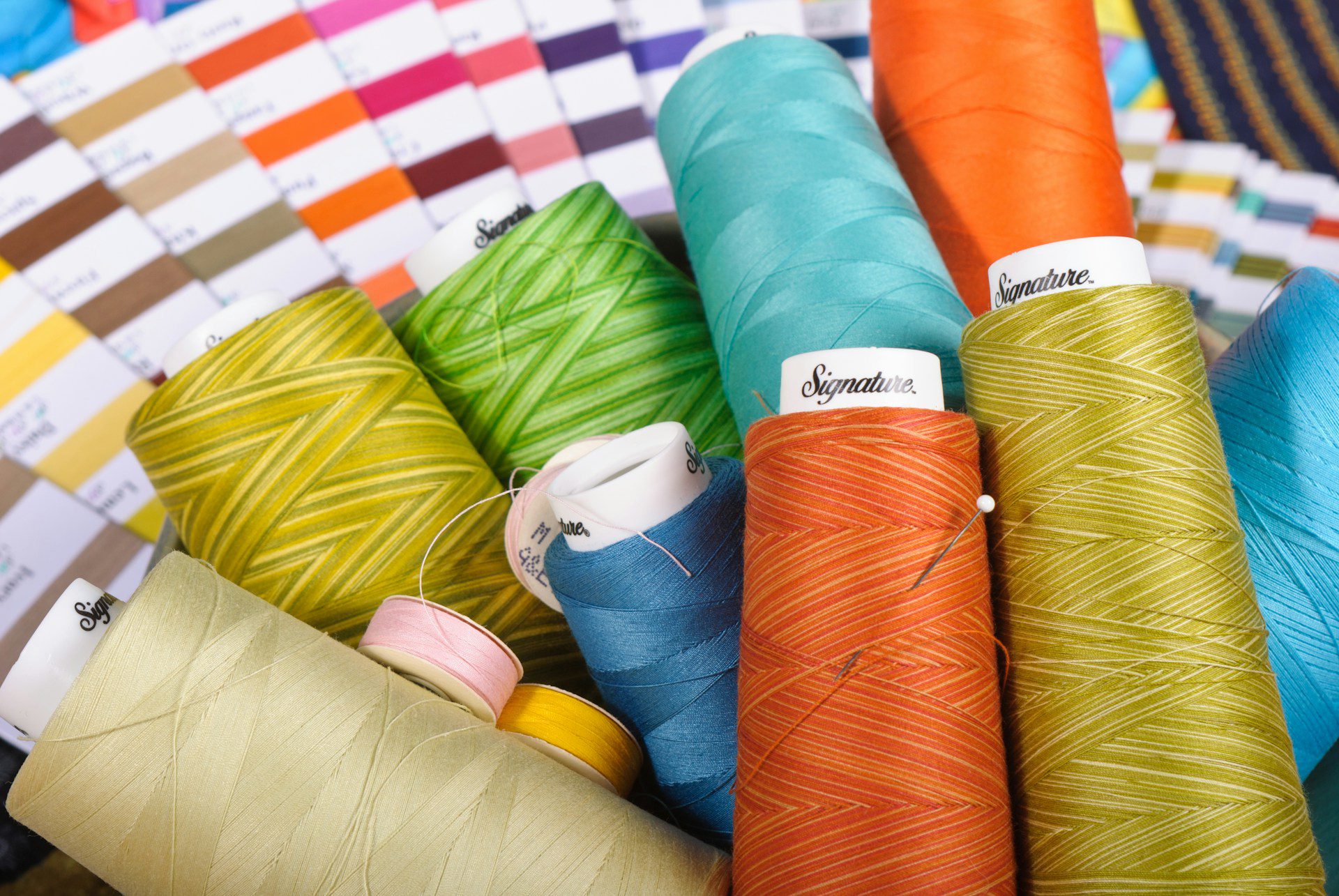
Shein’s Cotton Tied to Chinese Region Accused of Forced Labor
A US attempt to ban imports of cotton linked to forced labor in China contains a loophole large enough for a multibillion-dollar business to pass through: clothing from Shein, the Chinese online retail giant and social-media phenomenon that ships fast-fashion apparel directly to consumers.
Laboratory testing conducted for Bloomberg News on two occasions this year found that garments shipped to the US by Shein were made with cotton from China’s Xinjiang region. The results bring new urgency to concerns about the retailer, which stars in endless TikTok “haul” videos with young customers showing off their purchases.
Subscribe on iHeart, Apple and Spotify and Terminal.
Citing what the US State Department has called “horrific abuses” against the Uyghur people in Xinjiang, federal officials banned the importation of cotton and other products from the region last year; European officials have proposed a similar ban. Statements from former detainees and reports from an array of researchers and advocacy groups have alleged that the Chinese government put more than 1 million people in detention camps in the region and that laborers in fields and factories were forced or coerced.
While the US ban has sent retailers scrambling to prove they don’t source cotton from Xinjiang, Shein — the largest online-only company selling clothing to US consumers — is different. Typically, its individual shipments to customers fall below an $800 value threshold that triggers reporting requirements to US Customs and Border Protection, meaning they’re not subject to the scrutiny applied to retailers’ bulk imports.
